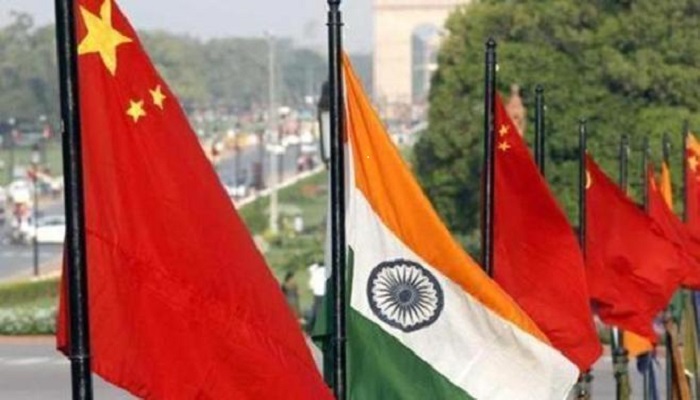
Two months into the Doklam border standoff between Indian and Chinese soldiers, Japan has conveyed its unequivocal support to India and Bhutan through diplomatic channels — a first by a major country, which is China’s neighbour, according to the top sources.
This comes a month ahead of Japanese Prime Minister Shinzo Abe’s visit to India from September 13 to 15. The Indian Express has learnt that Japanese Ambassador to India Kenji Hiramatsu and his team of diplomats have conveyed Tokyo’s position to New Delhi and Thimphu in the last couple of weeks.
Hiramatsu, who is also concurrently accredited as Ambassador to Bhutan, met Bhutanese Prime Minister Tshering Tobgay in early August and conveyed Japan’s support to him and the top functionaries of the government.
Japanese diplomats, who have been in touch with Indian officials since late June, have been briefed by Indian and Bhutanese government functionaries on the situation in Doklam, and its complexities. They, South Block sources said, have met Foreign Secretary S Jaishankar and top officials in the Indian establishment. Sources said that they are one of the few diplomatic missions who has been briefed by Delhi on the border standoff.
Japan, which has been watching the situation “very closely”, feels that the ongoing stand-off can affect the stability of the entire region. Tokyo, which has had similar territorial disputes with China in the recent past, is of the view that in disputed areas, “all parties involved should not resort to unilateral attempts to change the status quo by force”. This is what Japan’s position has been — overtly critical of the Chinese attempt to “change the status quo.”
India had blamed Beijing for changing the status quo on June 30. Indeed, when contacted, Ambassador Hiramatsu said: “We understand that the standoff in the Doklam area has been ongoing for nearly two months…What is important in disputed areas is that all parties involved do not resort to unilateral attempts to change the status quo by force (but) resolve the dispute in a peaceful manner.”
South Block sources said that Japan itself has been at the receiving end of “Chinese expansionism” and it understands New Delhi’s position better than many.
Government sources pointed out to Japan’s difficulties between 2012 and 2014 when ties between China and Japan were frayed by a territorial row over the Senkaku/Diaoyu islands.
Japan has also conveyed that they understand that the area is disputed between China and Bhutan and that both countries recognize the existence of a dispute. On China’s claim about India’s role in the dispute, Tokyo has also conveyed that India is “involved” in this incident “based on bilateral agreements” with Bhutan. They have lauded the Indian approach that New Delhi will continue to engage in a dialogue through diplomatic channels to find a “mutually acceptable solution”.
Sources said that Japan’s support comes when Chinese rhetoric has not abated and no major country has yet come out in support of India vis-a-vis China.
While the US has encouraged both India and China to sit down and have “direct dialogue”, UK has maintained that it is a bilateral issue. Australia has expressed concern over the possibility of “escalation of tensions” and has urged New Delhi and Beijing to resolve the issue peacefully to avoid “miscalculation” and “misjudgment”.
In the wake of such “neutral” statements by major players in the international community, Japan’s show of support has strongly reinforced Delhi’s arguments, government sources said.
Incidentally, Japan and Bhutan have had a very strong bilateral relationship over the last three decades. There have been three Imperial visits from Japan to Bhutan: in 1987, 1997, and the last in June this year when Princess Mako from the Japanese royal family visited Bhutan. The Bhutanese Royal couple also visited Japan and to Fukushima in November 2011 and the Bhutanese King had addressed the Japanese Parliament.

Post Your Comments